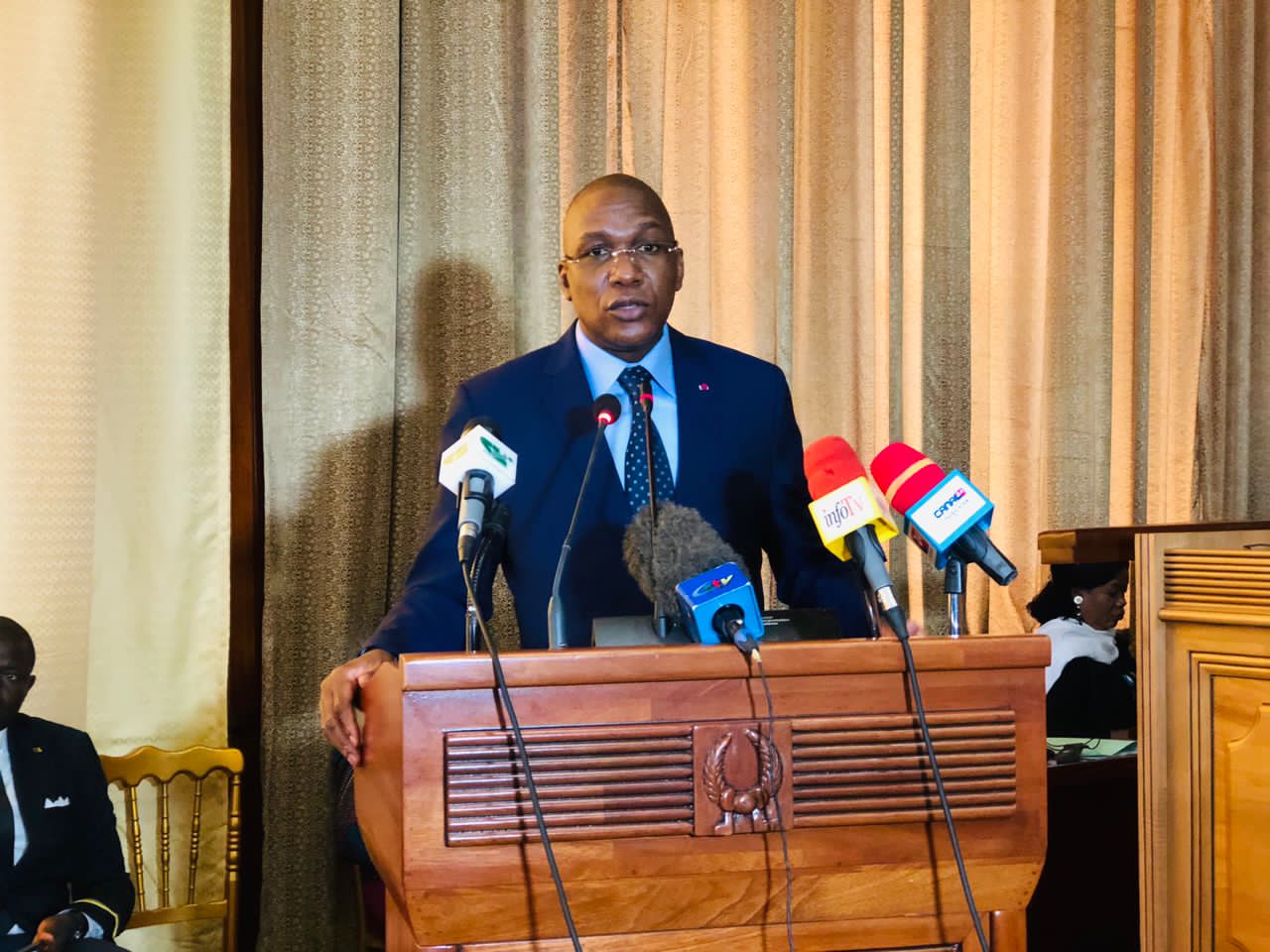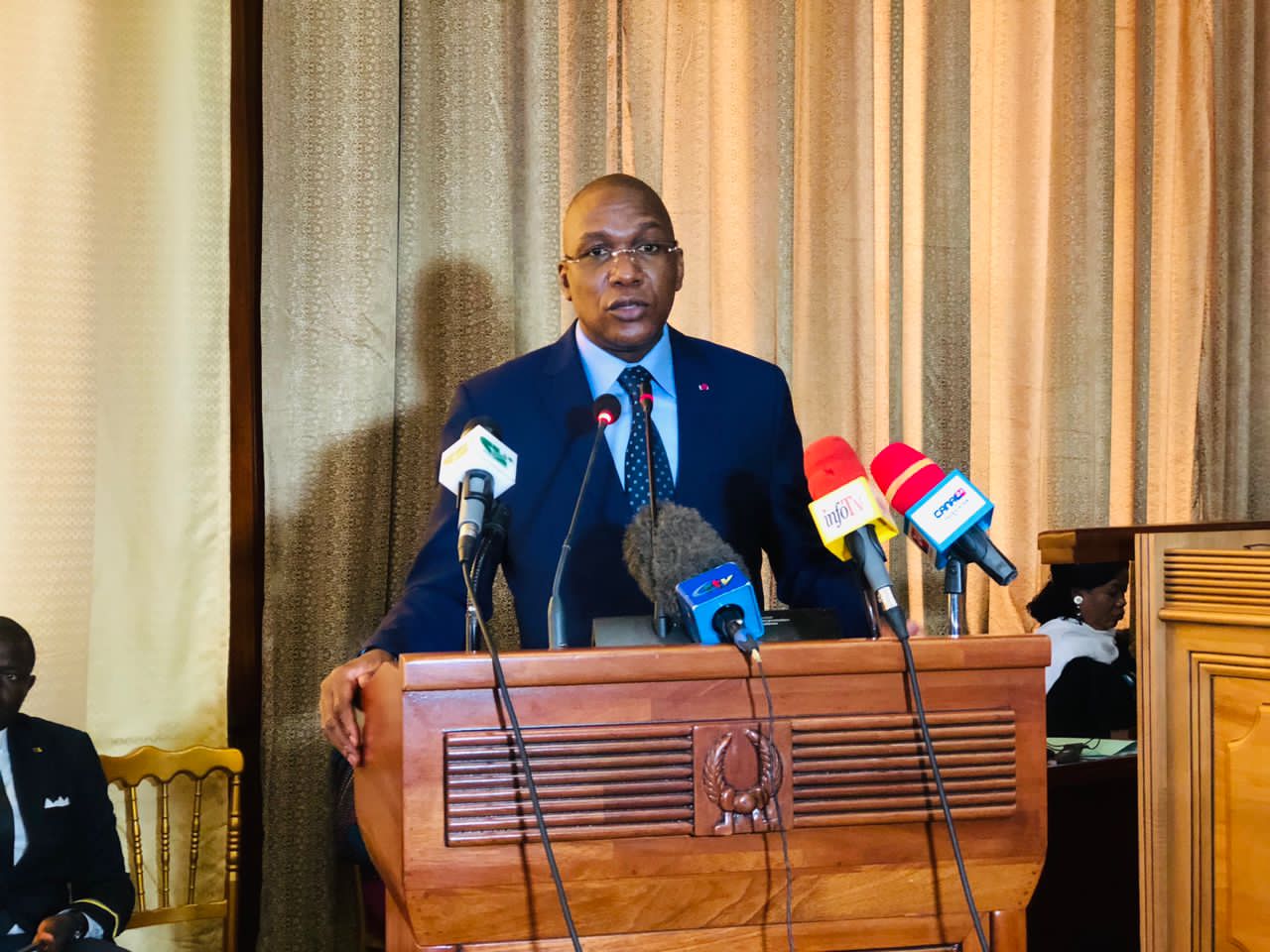If you have traveled between any two major towns in Cameroon, the chances are very high that someone at one point tried to sell you a herb-based substance they said could perform wonders.
From sexual inconsistencies to gastritis, pile and even ailments yet to be named, they claim to treat them all. Their theme is tested and trusted. But where?
For many Cameroonians, the idea of clinical trials ends in movies where humans and animals are locked away in all white laboratories. Away from such cliche movie scenes, are multiple real life trials happening daily even in our own backyard, but many are hardly aware or do know but don’t care at all.
The most common form of such trials is based on local remedies (often herbs) which remain widespread. Hardly do these ‘herbalists’ possess or ever show proof of the tests that made their medications successful or safe for use.
————————–
In May of 2004, and American NGO named Family Health International (FHI) conducted tested an AIDS preventive medication on commercial sex workers in Cameroon’s most populated city, Douala.
It was later established that the act was carried out in breach of rules and regulations guiding such trials. There were allegations that the 400 sex workers concerned were receiving inadequate counselling and medical care on the anti-AIDS drug being tested on them.
Fast-forward to 2020… With the COVID-19 pandemic, there was a mad rush for solutions and medical solutions at some point, almost always require therapeutic trials and tests on human specimens.
Drawing lessons from the 2004 Douala incident, the Cameroon government has sought to create a framework to make such tests safer.
A bill to this effect was submitted at the National Assembly [Bill No. 2018/JPL/AN to regulate human health research in Cameroon].
The eight-chapter bill with 72 sections identifies the different groups of potential research participants [like incapacitated persons, vulnerable social groups, pregnant women, foetuses, loving and deceased person’s, etc] and lays down conditions that must be met to involve them in any research project.

The bill was deemed admissible by the National Assembly and sent to the Committee on Production and Trade for a substantive study.
The committee’s response was presented to the house on April 4, 2022 and the bill was adopted by parliament.
Excerpt
It emerged from the explanatory statement that this bill seeks to regulate human health research in order to protect research participants throughout the implementation of the research process on human diseases, particularly during clinical trials.
This bill is a response to the shortcomings observed over the last few decades in the field of human health research in Cameroon.
… There is special emphasis on the freedom of consent of research participants.
Read full report of National Assembly Committee on Production and Trade on the said bill.
—————-
While some may feel it was long overdue, it does not hurt to admit and appreciate the fact that it is a positive move. In a country where a lot of aspects surrounding health still appear to be taken for granted, a move meant to better protect subjects in clinical trials is a breath of fresh air.
The next huge rock to crack (if it goes through) will be the implementation and punishment of defaulters. Like they say, the devil is in the details.
*Pictures and document attached sourced from National Assembly Communication Unit
– Giyo Ndzi









